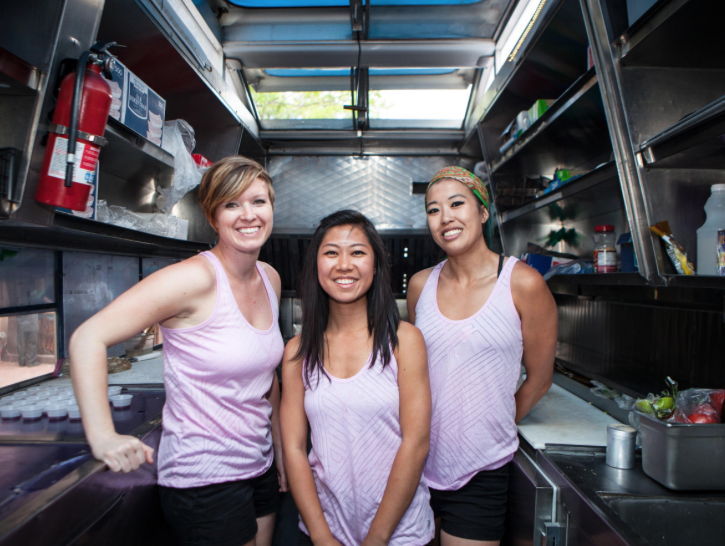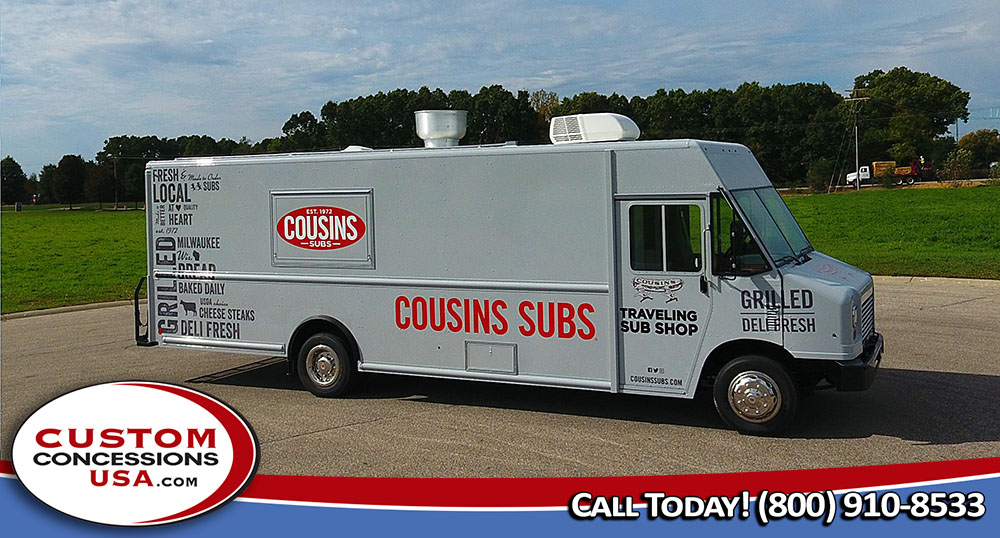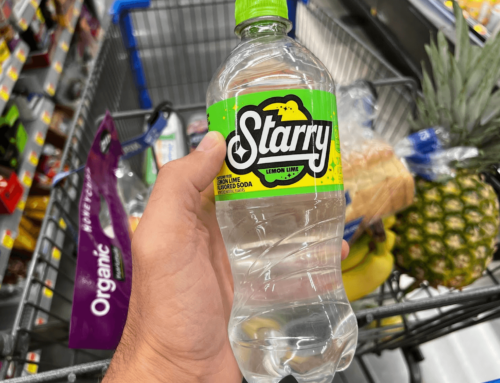One of the first big goals when starting a business is to have the means to quit your day job. In fact, there are plenty entrepreneurs that started their businesses for the sole reason they hated their regular 9-to-5 so much. So the big question is… at what point should you quit your job to focus on growing your food business and following your passion?
Ultimately, the decision on when the best time to quit is going to depend on your personal situation. If you have a family that depends on you as the sole bread winner, you’ll need to be more conservative before you hand over a two week notice. On the other hand, if you have a partner that’s already generating a steady paycheck and have some savings, you might be ready to pursue your venture full-time much faster.
Regardless of your situation right now one thing we strongly believe is that you don’t need to wait to quit your job before starting a business. In fact, we believe that for most people it makes sense to start the business while you still have a job. Over the years here through the blog and podcast we’ve featured tons of entrepreneurs were employed, but eventually made the transition to full-time business ownership. Some have gone on to operate successful food trucks, while others have grown into brick-and-mortar restaurant locations.
They Built Their Food Business on the Weekend
There are too many to list. But here are a few examples of entrepreneurs that had a job when they started their food business. Many generated their first sales over the weekend when they had a couple days off.
Marty Richie – Marty Richie was a sales manager before he started Motley Crews Heavy Metal Grill, a food truck specializes in Philly cheese steak sandwiches. Marty operated his truck on the weekends while employed. Eventually Marty was able to quit his job and now owns a popular restaurant location.
Me.n.u. Food Truck – Co-founder of this food truck Allen Tan was enrolled in college full-time when he started his business. Allen now owns one of the most popular food trucks in Toronto.
The Peached Tortilla – Eric Silverstein was employed as an attorney at a law firm when he had the idea to start a food truck. Today, Silverstein owns four food trucks, a restaurant location, and will probably continue to grow over the next 1 – 2 years. On top of all this Eric also has a YouTube channel where he publishes weekly video tips on running a successful food startup.
Operating your food business on the side for a few months won’t be easy. You’ll need to “sacrifice” some weekends and evenings to start getting traction. If you love what you’re doing and you’re truly passionate about getting this business off the ground it shouldn’t seem like some big sacrifice of time, however. You should view this as an opportunity to focus on what you really want part-time.
The Advantages of Keeping Your Job (For Awhile)
There are some major advantages to keeping your job for awhile during the startup process. Let’s explore a few of these now.
Runway: According to this article published by MarketWatch.com, 50% of American families live paycheck-to-paycheck. The same report says 1 in 3 Americans does not have $500 of cash on hand to cover an emergency. That’s a very short runway to launch a business.
If you fall into the same category as half of America, you’ll want to keep your job to ensure you’ve got cash to pay the bills that come due over the next few weeks. This means you need to keep your job and paycheck until your business begins to generate revenue. Fortunately, with a food business you can begin making money pretty quickly after getting the appropriate licenses and equipment.
Easier to Access Credit: Any real business will take an investment from you before you can begin to generate cash by offering products or services in return. If you’re starting a mobile food business like a food cart or truck the upfront costs will be much lower than starting a restaurant that can quickly cost anywhere from half a million to over $1 million to open. Still, if you have a decent paying job and a solid work history, getting a loan needed to pay for equipment to operate your business will be easier. By having a job, it demonstrates to banks or other lenders that you have the cashflow needed to make a on-time loan payments. In this case, having a job when looking to secure a loan can be a huge advantage.
Biggest Opportunities are Probably on the Weekend. In the food business, a lot of the most lucrative opportunities happen on weekends. Restaurants are the fullest on Friday and Saturday night. Concerts or other festivals around your city usually happen on weekends when most people are off work and can attend. This means that the days where you’ll generate the highest number of sales, you already have off assuming you work a Monday – Friday job. If you work a restaurant or other hospitality industry job, you may not get a full weekend off. But even if you are only able to operate on a Friday or Saturday consistently, you can get a good start and valuable experience operating a business.

Pho Nomenal Dumpling Truck Got their Start While Still Attending College.
The Downside Of Remaining Employed
As with anything in life there’s usually a trade off in what path you decide to take. When you have a job it can be really tough to do things like booking catering gigs or scheduling events to vend. Most employers don’t want you making personal phone calls for your side business while your on the clock.
In addition to less time, having a job will inevitably slow the growth of your business. Businesses take a ton of time to gain momentum and if you have to work a day job that gives you far less of this limited commodity.
Bottom line: If you’re dream is to start the next great food business, don’t wait for the perfect time or when you’ve saved up enough money to get your start. Start the process right now while you have a job and a regular paycheck coming in. As the examples at the top of the article demonstrate, you can use this time to start researching your idea, writing a business plan, and even getting your first sales.






